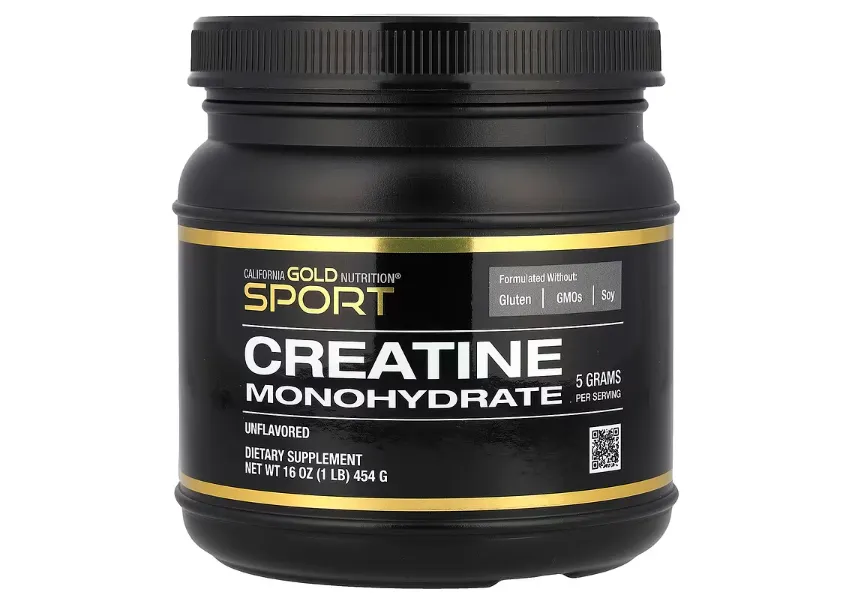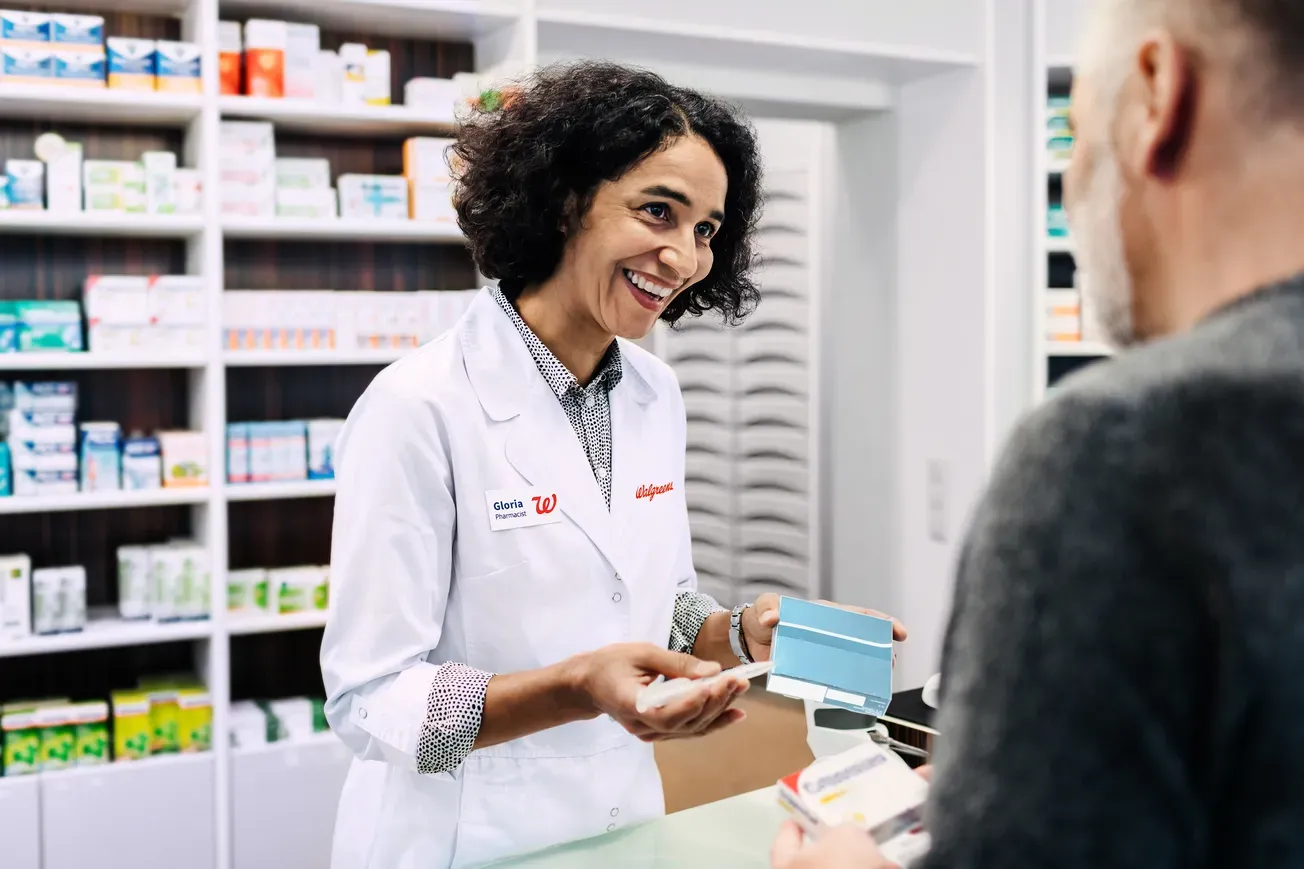NEW YORK — Chain drug retailing isn’t what it used to be.
The merger of CVS Health and Aetna, and Walgreens Boots Alliance (WBA’s)’s pivot toward a digital-first strategy have redefined the industry’s business model. “It’s a new world out there,” says one analyst, “in large part because of Amazon. The gains of the Seattle behemoth in e-commerce and its move into pharmacy have led the top drug chains to take proactive steps of their own — and the result has been a reinvented channel.”
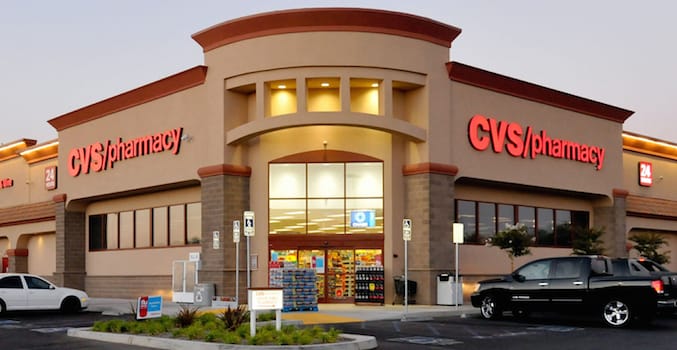
Retail pharmacy profits remain under pressure, notes Adam Fein, chief executive officer of Drug Channels Institute. “The pharmacy industry faces the prospect of a shakeout that will sharply reduce the number of U.S. pharmacy locations,” he says. “The largest retail chains are therefore diversifying their revenue sources by seeking compensation for health care services and expanding in-store clinics. Clinics still account for a very small portion of the industry’s revenues. However, vertical mergers and alliances will increase retailers’ presence in the delivery of health care services.”
“Health care delivery is changing before our eyes, and we are excited to be in the vanguard of that change,” CVS president and CEO Larry Merlo said when the Aetna deal closed. “With a physical presence in almost every community across the country, we have the unmatched ability to meet consumers where they are and provide the care and services they need either face to face or with the unique set of virtual and physical delivery service capabilities that extends our physical presence in real-time to meet their needs.”
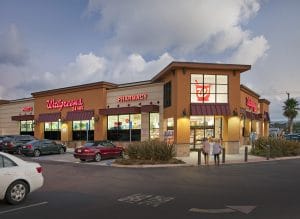
Meanwhile, a new partnership between WBA and Microsoft Corp. combines the convenience and human touch of pharmacies, the technology of the cloud and artificial intelligence, and the ability to deliver prescriptions the same day in most of America, according to Stefano Pessina, the retailer’s executive vice chairman and CEO. “Now we have a fantastic distribution network. You can imagine how powerful this offer will be. The creation of a new ecosystem, by putting together payers, manufacturers and providers, will allow us to really serve patients in a way that, today, is not even conceivable.”
At CVS, with the foundational pieces of its reinvented health care model in place, new programs and services can increase access to care, improve outcomes and reduce medical costs. These programs are targeting better, more efficient management of chronic disease using the networks, technology and the people of the combination with Aetna.
Enhanced health services in the community will include a range of services focused on patient self-management, expanded services at MinuteClinic, nutritional and behavioral counseling, and benefit navigation support, as well as assistance with durable medical equipment, digital health apps and connected devices.
Among other activities, CVS will build on its successful in-store Project Health screenings and Aetna’s commitment to building healthier communities to offer new preventive screenings in communities that are identified as high-risk for certain health challenges. These community-based programs will aim to improve patient outcomes through expanded screenings and support in the diagnosis, treatment and management of chronic diseases that can be effectively treated with prescription drugs and enhanced care management, including high cholesterol, high blood pressure and diabetes. CVS will work with local community partners to provide patients who are diagnosed for the first time with the follow-up they need. To support these communities and newly diagnosed patients, MinuteClinic will also be introducing newly expanded chronic care management services.
WBA made waves of its own when it joined with Microsoft to develop new delivery models, technology and retail innovations to advance and improve the future of health care. The companies will combine the power of Microsoft Azure, Microsoft’s cloud and AI platform, health care investments, and new retail solutions with WBA’s customer reach, convenient locations, outpatient health care services and industry expertise to make health care delivery more personal, affordable and accessible.
The partnership “demonstrates our strong commitment to creating integrated, next-generation, digitally enabled health care delivery solutions for our customers, transforming our stores into modern neighborhood health destinations and expanding customer offerings,” said Pessina, adding that the two companies will “harness the information that exists between payors and health care providers to leverage, in the interest of patients and with their consent, Walgreens’ accessible and convenient locations.”
And chain drug retailing innovation is hardly just the province of big companies. Regional players from the Pacific Northwest to the heartland are taking bold steps of their own.
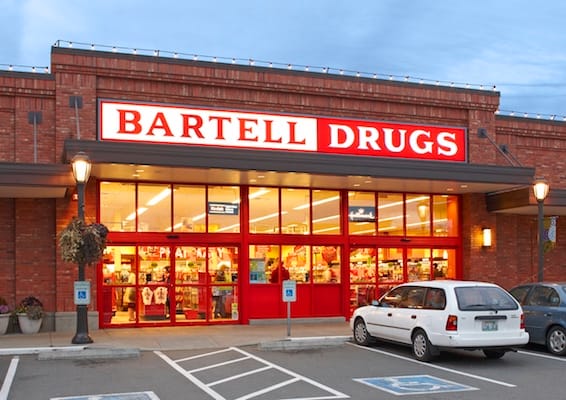
In the Puget Sound region, Bartell Drugs, under chief executive officer Kathi Lentzsch, is developing a new brand ideal celebrating the potential of kindness, caring, compassion and choice.
Another pillar of the brand is local impact, and the chain continues to focus on regional goods. When she joined the retailer, Lentzsch said she was excited that Bartell’s “was doing so much with local products and supporting local businesses.” But the foundation on which all else rests, she noted, is humanity. “This is where compassion and kindness step in,” she said.
A pharmacy innovation at the chain is moderate ailment triage, which some Bartell’s pharmacists are providing in partnership with Washington State University under the auspices of a CDTA (collaborative drug therapy agreement). Trained pharmacists can prescribe and initiate therapy for such conditions as noncomplicated urinary tract infections, upper-respiratory issues and animal bites, according to vice president of pharmacy Billy Chow.
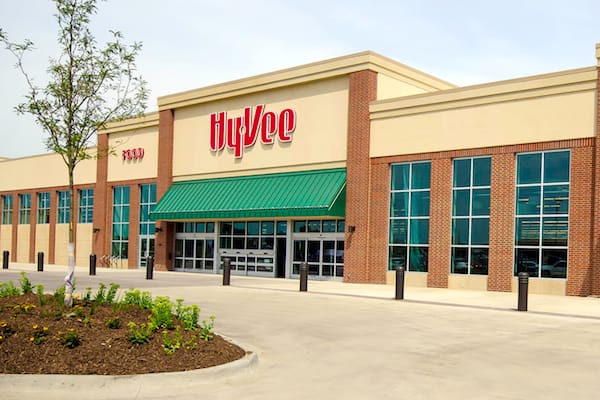
In Iowa, West Des Moines-based Hy-Vee Inc. last year unveiled HealthMarket, a concept store envisioned as a one-stop shop for consumers looking to lead a healthy, more natural lifestyle. The 15,700-square-foot store includes a hearing aid department, with an audiologist on the premises to perform hearing tests and sell a private label line of hearing aids, called Capsure. Other in-store health services include a pharmacy, a clinic and dietary consultations with a Hy-Vee dietitian.
Food shoppers can find an array of fresh-prepared items, meal solutions, frozen food and organic fruits and vegetables. “A lot of customers today can live out of this store,” says, Hy-Vee chairman and chief executive officer Randy Edeker.



